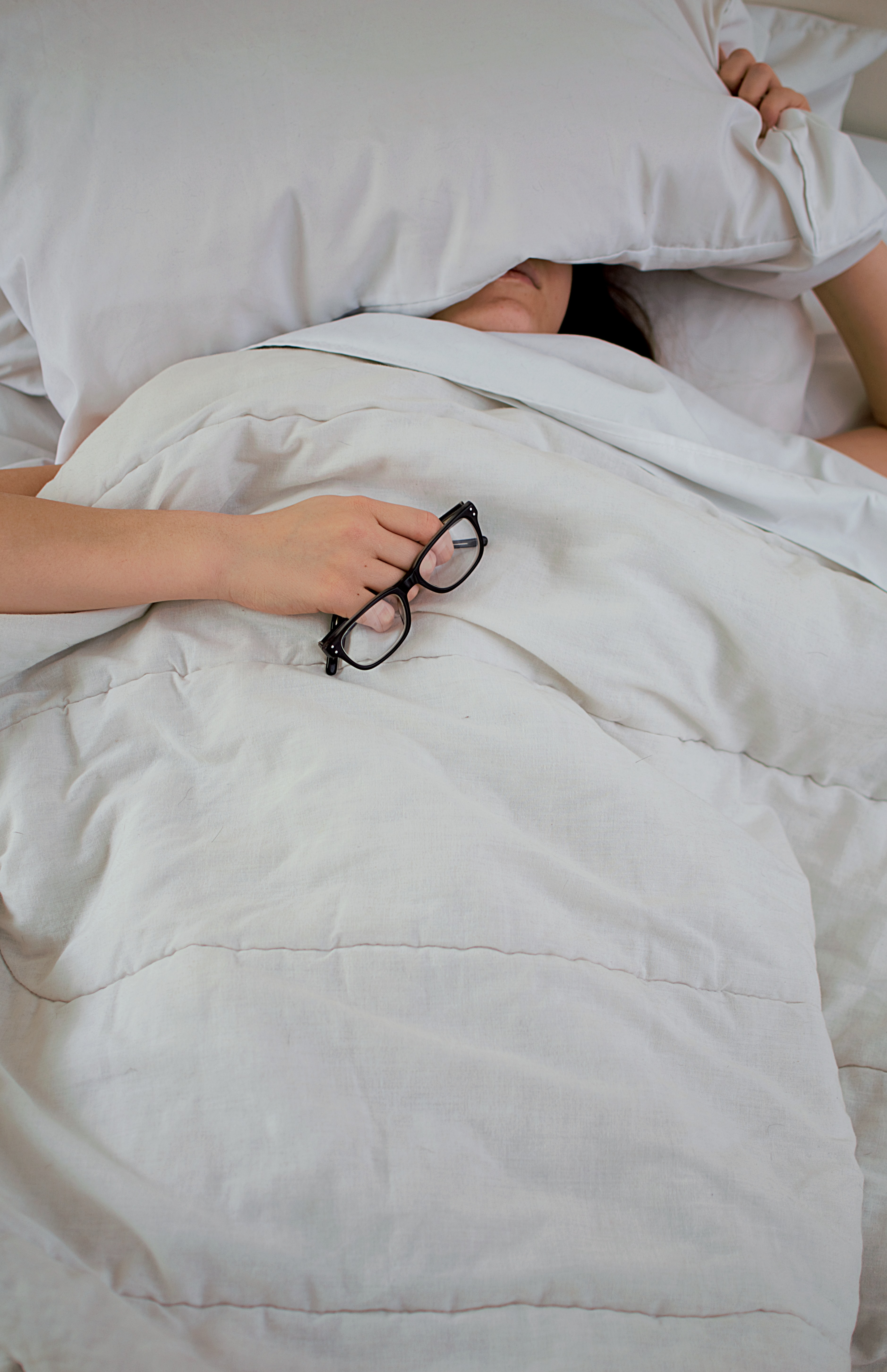Getting a good night’s sleep is essential for maintaining physical and mental health. Unfortunately, many of us don’t get the rest we need because of our hectic lifestyles. But did you know that what you eat before bedtime can actually help you sleep better? Research has found that certain foods are associated with deeper, more restful sleep. In this blog post, we’ll look at what those foods are and how you can use them to improve your sleep quality. We’ll also explore the science behind why they work so well and give you some tips on how to incorporate them into your nightly routine.
What are the benefits of sleep?
There are many benefits of sleep, including improved brain function, increased productivity, and improved mental and physical health. When you sleep, your brain is able to rest and repair itself from the day’s activities. This allows you to wake up feeling refreshed and ready to start your day. Sleeping also gives your body time to heal from any physical activity or illness.
The best foods for sleep
There are a few key things to look for when trying to find the best foods for sleep. First, you want foods that are high in magnesium. This mineral has been shown to help relax the body and promote better sleep. Magnesium-rich foods include dark leafy greens, nuts, and seeds.
Another nutrient that can help with sleep is tryptophan. This amino acid helps the body produce serotonin, which is a neurotransmitter that plays a role in relaxation and sleep. Tryptophan-rich foods include poultry, eggs, tofu, and legumes.
Finally, you want to make sure you’re getting enough vitamin B6. This vitamin is essential for the production of melatonin, which is the hormone that regulates our sleep-wake cycle. Foods high in vitamin B6 include chicken, fish, whole grains, and bananas.
Foods to avoid before sleep
There are certain foods and drinks that can negatively affect your sleep. These include caffeine, alcohol, sugary drinks, fatty foods, and spicy foods. Caffeine can cause you to feel awake and alert, making it difficult to fall asleep. Alcohol may help you fall asleep initially, but it can disrupt your sleep later in the night. Sugary drinks can give you a quick energy boost, but they can also cause headaches and make it difficult to stay asleep. Fatty foods can be hard to digest and can lead to heartburn or indigestion. Spicy foods can cause stomach upset and make it difficult to fall asleep.
Conclusion
Making sure that you get enough sleep is essential for your physical and mental health. Eating the right foods can help improve your sleep, so it is important to choose wisely. Foods such as almonds, bananas, leafy greens, fish, dairy products and complex carbohydrates are all great options for promoting healthy sleeping habits. While these foods may not be a miracle cure for sleepless nights, they can certainly help you get the restful night’s sleep that you need in order to function at peak performance on a daily basis.
